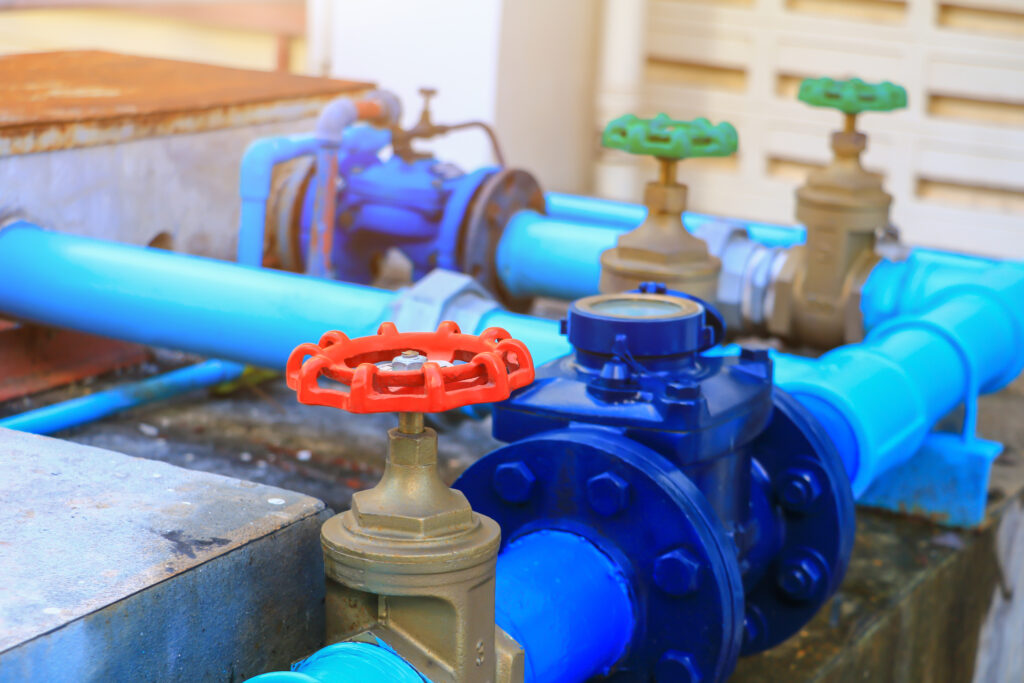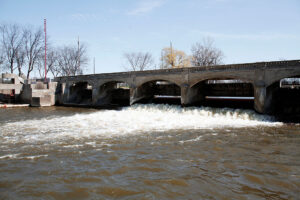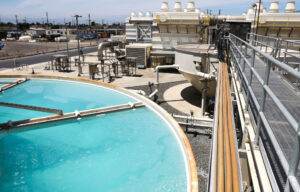
An In-Depth Analysis of Clean Water and Sanitation Initiatives
To ensure that all communities have access to hygienic water, the Code Council is actively bringing together key industry stakeholders to discuss the global water supply's problems and threats.
The development, adoption and enforcement of new plumbing standards is essential to ensuring safe, efficient and sustainable water distribution systems that safeguard public health and conserve resources for future generations.
Understanding this, the International Code Council, a leading global source of model codes, standards, and building safety solutions, has been expanding its engagement into the plumbing, mechanical and fuel gas (PMG) industries.

To ensure that all communities have access to hygienic water, the Code Council is actively bringing together key industry stakeholders to discuss the global water supply’s problems and threats.
Some of these issues include:
- Problems with private sewage systems
- Older plumbing infrastructure
- Inefficiencies in water management
- Pollution
- Runoff
- Improper groundwater management
The Dangers of Neglecting Proper Plumbing Systems
The Flint water crisis, which started on April 25, 2014, illustrated the devastating consequences of neglecting proper plumbing infrastructure maintenance (Ruckart et al., 2019).
The Flint water crisis occurred when the city switched its water source to the Flint River to save money but failed to properly treat the water, causing lead from aging pipes to leak into the drinking water. The crisis exposed systemic failures in infrastructure maintenance and served as a stark reminder of the importance of safe and well-maintained water infrastructure for public health and safety.

Access to sanitary facilities and clean water can be improved by using a decision support system to choose the optimal water and sanitation technology. Promoting community boreholes, household water treatment and public standpipes can all be ways to increase access to clean and safe water.
Rainwater gathering is a suitable and affordable solution. Water footprints and integrated water resource management are additional recommendations for enhancing the use and oversight of water sources and improving access to clean water.
See Related: Updated Rainwater Harvesting Standard: Conserving Water for the Long Run
Additional solutions include:
- Replacing public distribution techniques with community-based water delivery approaches (Green, 2015).
- Improving local oversight of legislative developments and their implementation (Ruckart et al., 2019).
- Working with local government officials and code enforcers to create standardized procedures for site infractions.
- Shifting away from government regulation of the water supply chain and toward unregulated systems (Fischler, 2023).
The Importance of Adopting Modern Plumbing Codes and Standards
Creating, adopting and enforcing modern and up-to-date plumbing codes and standards is crucial. Private decentralized wastewater systems are in one in five residences in the United States (International Code Council, 2022). When rural, decentralized wastewater systems fail, devastating consequences can include contaminated drinking water and public health risks.
According to the Code Council, some water management actions that can enhance access to water include:
- Reallocating water
- Strengthening laws
- Developing a water market
- Establishing a wastewater network
- Recycling wastewater

The Code Council is creating a new private sewage disposal standard (ICC 825) to address climate threats to decentralized wastewater systems in the U.S. and overseas and to consider improvements in decentralized waste technologies. These goals include SDG 6.3, for which they advocate total appropriations (United Nations, 2018).
See Related: Unveiling the 2024 Editions of the International Plumbing Code and the International Mechanical Code
Onsite water reuse is also a crucial instrument that needs additional federal regulations on treated wastewater to manage water scarcity and protect public health. As a result, the Code Council, in collaboration with the National Blue-Ribbon Commission (NBRC), has created a Water Reuse Working Group to support the advancement of best practices for water reuse in building codes.
The Code Council aims to protect our water supply through contemporary construction regulations and standards.
View the Code Council’s dedicated PMG resource webpage, here.





